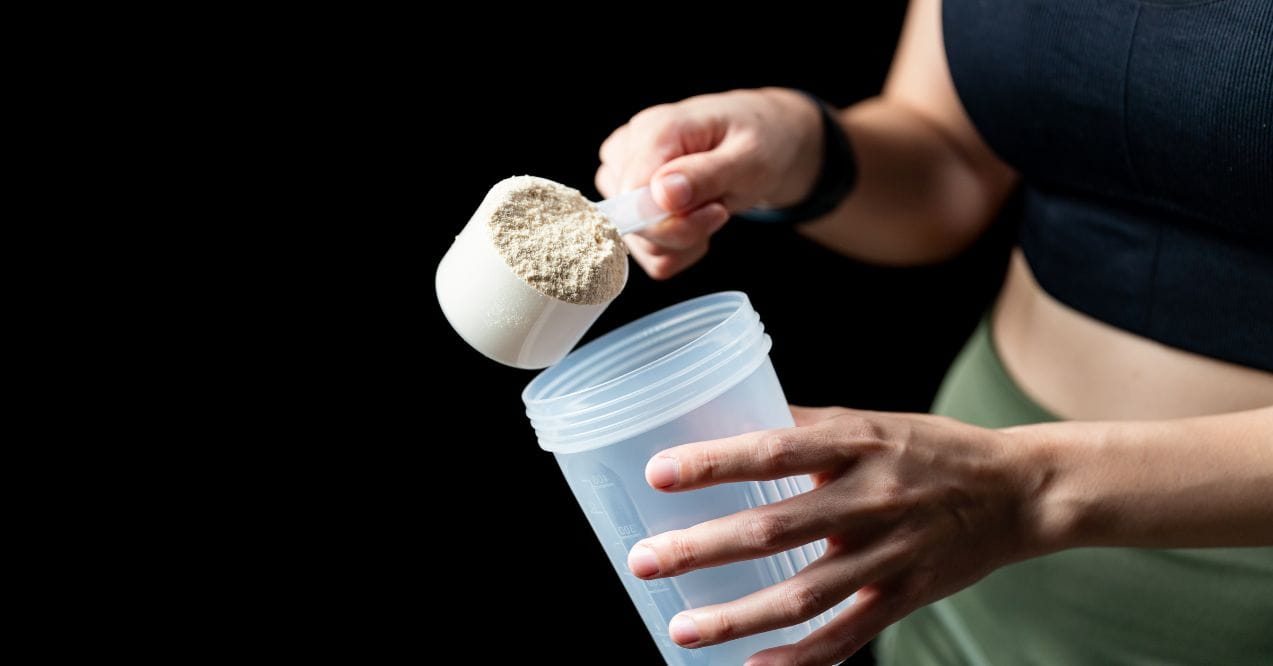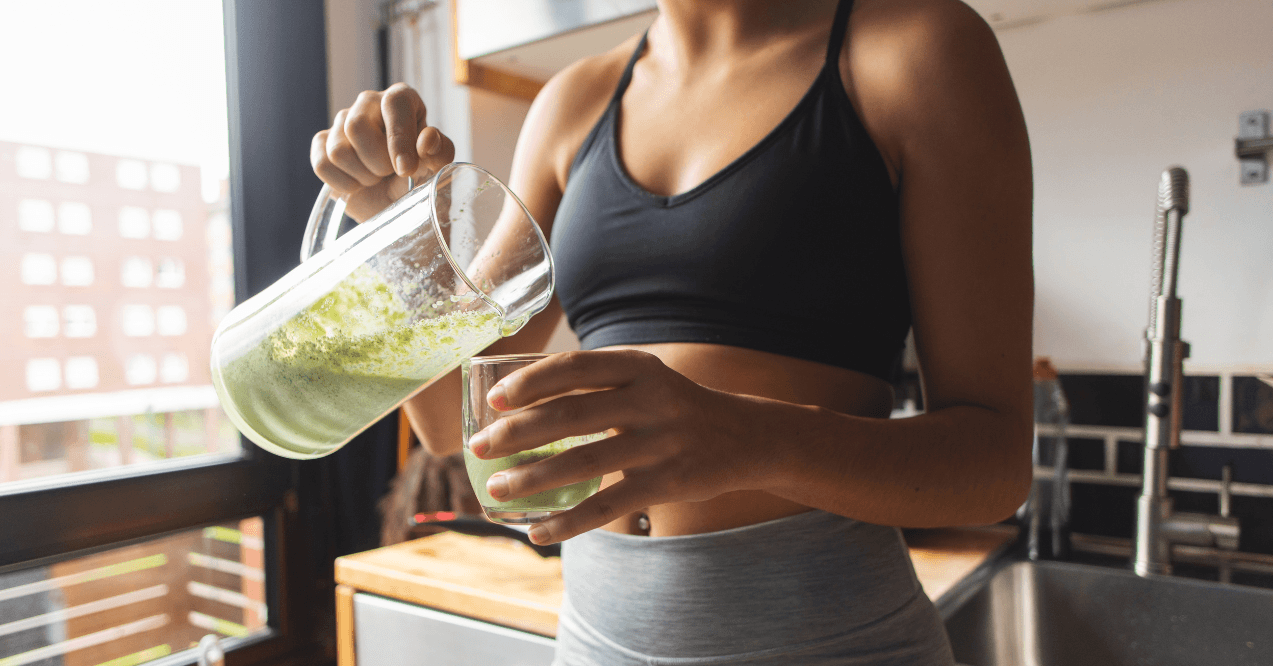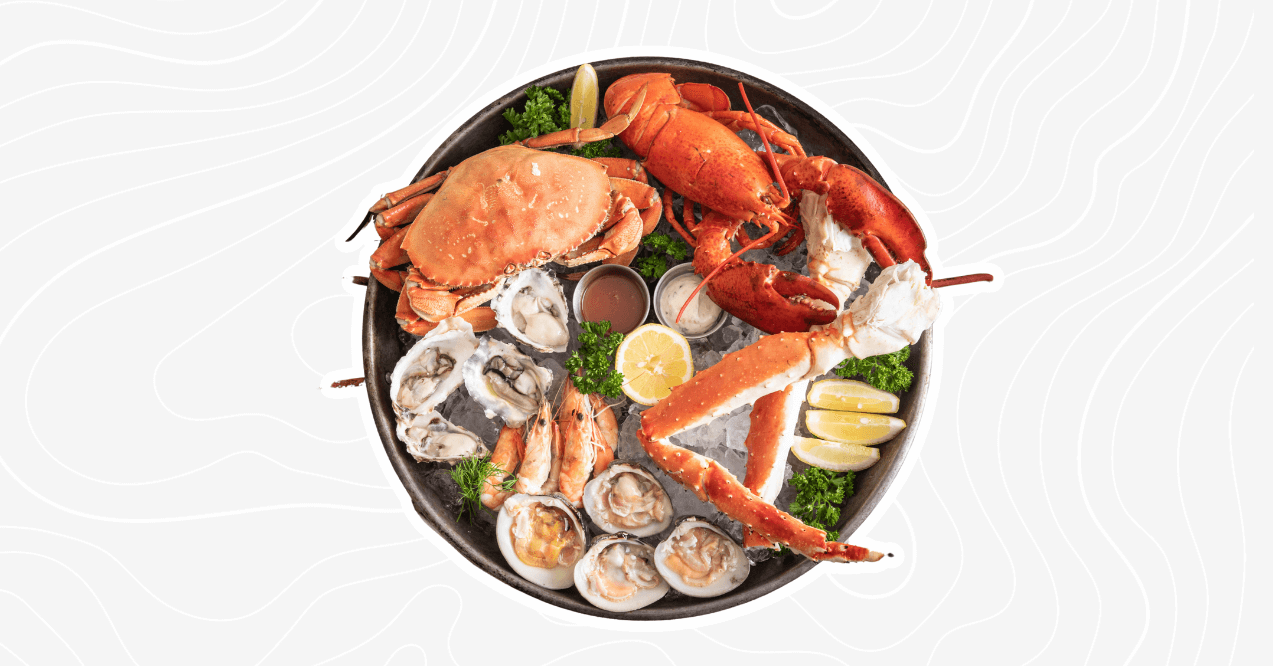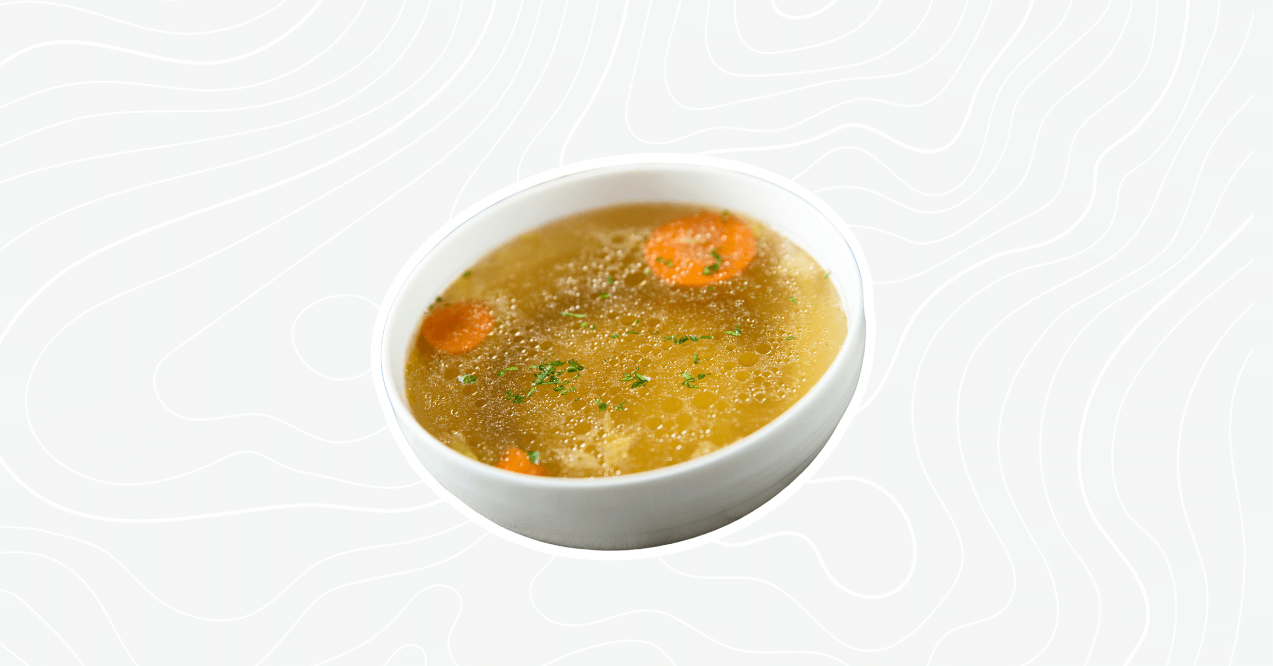Protein Calculator to Lose Weight: How Much Do You Really Need?
A protein calculator to lose weight helps you figure out exactly how much protein your body needs daily. Getting the right amount of protein is key when you’re trying to drop pounds while keeping your muscles strong. This tool considers your current weight, how active you are, and what you want to achieve with your body.
Figuring out your personal protein needs doesn’t have to be hard. Whether you’re just starting your fitness journey or looking to improve your current routine, knowing your protein numbers makes a big difference. If you’re also curious about what goes into making the supplements you might use, check out how is protein powder made for the full story.
How Much Protein Does the Body Need?
Your protein needs depend on several factors. The standard recommendation for the average adult is about 0.8 grams of protein per kilogram of body weight. But this is just the minimum to avoid health issues — not the ideal amount if you’re active or trying to change your body shape.
For active people and those looking to lose weight, the range typically jumps to 1.2-2.2 grams per kilogram. A 150-pound person (68kg) might need anywhere from 82g to 150g of protein daily, depending on their goals and workout habits.
Age also affects your protein needs. As we get older, our bodies become less efficient at using protein, so people over 50 often need more to maintain muscle mass. Athletes and very active people need the most protein, while those who rarely exercise can stay on the lower end of the range.
Many people worry about eating too much protein, but research suggests our bodies can handle more than we once thought. To learn more about protein absorption limits, check out How Much Protein Can Your Body Absorb?

How Does Protein Support Weight Loss and Muscle Growth?
Protein plays a major role in both losing fat and gaining muscle. When you eat protein, your body burns more calories just to digest it compared to fats and carbs. This higher “thermic effect” means eating protein naturally speeds up your metabolism.
Protein also helps control hunger better than other nutrients. Eating protein-rich meals signals your body to make less ghrelin (the hunger hormone) and more hormones that make you feel full. This often leads to eating fewer calories without feeling hungry.
During weight loss, protein helps protect your existing muscle tissue. When you cut calories, your body looks for energy anywhere it can find it — including your muscles. Getting enough protein signals your body to spare muscle and burn fat instead.
For muscle growth, protein provides the building blocks (amino acids) needed to repair and grow muscle tissue after workouts. Without enough protein, your body simply can’t build new muscle, no matter how hard you train.
How Much Protein Should I Eat Per Day?
Figuring out your daily protein needs isn’t one-size-fits-all. Different goals call for different amounts, and factors like your current weight and activity level play big roles. Let’s break down the specifics for various situations so you can find your personal protein sweet spot.
General Guidelines
For weight loss while maintaining muscle, aim for 1.6-2.2g of protein per kg of body weight. For a 70kg (154lb) person, that’s about 112-154g of protein daily.
For muscle building, similar amounts work well, though some research suggests the upper end of the range (1.8-2.2g/kg) might be ideal, especially during intensive training periods.
If you’re not tracking kilograms, use this rough guide:
- Weight loss: 0.7-1g of protein per pound of body weight
- Muscle gain: 0.8-1g of protein per pound of body weight
- General health: 0.5-0.7g of protein per pound of body weight
Special Considerations
Women often need slightly different protein amounts than men. While the per-kg recommendations stay similar, women typically have a higher body fat percentage and lower total weight, so their total protein needs may be lower.
For people with higher body fat percentages, it’s better to base protein intake on lean body mass or goal weight rather than current weight. Otherwise, you might eat more protein than needed.
Athletes and very active people should stay in the upper ranges, especially on training days. Distributing protein evenly across meals (25-30g per meal) tends to work better than eating one or two protein-heavy meals.
What Are the Benefits of a High-Protein Diet?
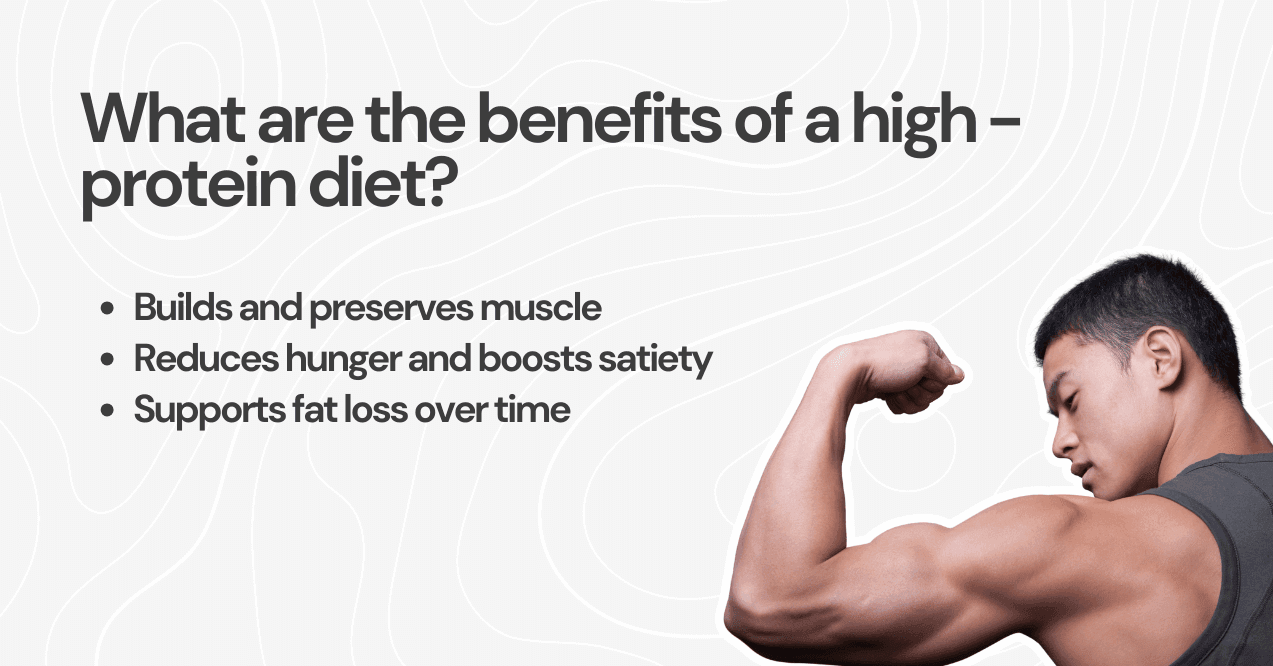
Increasing your protein intake above the basic recommendations offers several advantages for weight management and overall health. When balanced properly with other nutrients, a higher-protein approach can support many fitness and health goals.
Builds and Preserves Muscle
Protein provides the amino acids needed for muscle maintenance and growth. During weight loss, higher protein intake helps your body hold onto valuable muscle tissue while burning fat. This matters because muscle burns more calories than fat, even at rest.
For older adults, protein becomes even more important as the body naturally loses muscle with age. Regular protein intake combined with strength training can slow or even reverse this process.
Reduces Hunger and Boosts Satiety
Protein-rich foods make you feel fuller than carbs or fats. This happens because protein triggers hormones that signal fullness while reducing hunger signals. As a result, you naturally eat less without feeling deprived.
This fullness effect lasts longer too. A high-protein breakfast can help control hunger and snacking throughout the entire day. This makes sticking to your calorie goals much easier.
Supports Fat Loss Over Time
Higher protein diets lead to better body composition changes over time. Even when total weight loss is similar, people eating more protein tend to lose more fat and less muscle.
For those gaining weight to build muscle, adequate protein helps ensure more of that weight gain comes from muscle rather than fat. During cutting phases, it helps preserve hard-earned muscle while dropping fat.
Our Trumeta Bone Broth Protein offers a convenient way to increase your daily protein intake. Made from slow-simmered bones, it provides collagen protein along with minerals that support joint health and recovery. Unlike many protein supplements, it blends easily and has a mild flavor that works in both sweet and savory recipes.

How to Increase Your Protein Intake
Adding more protein to your diet doesn’t have to be hard. Start by planning your meals around a protein source, then add veggies and healthy carbs. Aim to include protein in every meal and snack throughout the day.
Meal prep can make hitting your protein goals much easier. Spend a few hours on the weekend cooking chicken breasts, hard-boiled eggs, or bean dishes that you can grab during busy weekdays.
Protein powders and shakes offer a quick solution when whole foods aren’t available. A scoop of protein powder mixed with water or milk can deliver 20-30g of protein in seconds. And yes, you can definitely benefit from protein supplements even if you’re not hitting the gym hard—check out Can You Drink Protein Shakes Without Working Out? for the full scoop.
What Are the Best Sources of Protein?
Not all protein sources are equal. The best options provide all essential amino acids along with other nutrients your body needs.
Animal-Based Proteins
Animal proteins typically offer “complete” amino acid profiles, meaning they contain all nine essential amino acids your body can’t make on its own:
- Chicken breast (31g per 100g)
- Turkey breast (29g per 100g)
- Lean beef (26g per 100g)
- Fish like tuna and salmon (20-25g per 100g)
- Eggs (6g per egg)
- Greek yogurt (17g per cup)
- Cottage cheese (28g per cup)
These foods often pack the most protein per calorie, making them useful for weight loss plans where calories are limited.
Plant-Based Proteins
Plant proteins can be just as effective when properly combined:
- Tofu (8g per 100g)
- Tempeh (19g per 100g)
- Lentils (9g per 100g cooked)
- Chickpeas (9g per 100g cooked)
- Quinoa (4g per 100g cooked)
- Nuts and seeds (varies, but around 6-9g per 30g serving)
Plant proteins often come with fiber and other nutrients that support overall health. Mixing different plant sources helps ensure you get all essential amino acids.
Protein Supplements
Supplements fill gaps when whole food isn’t available:
- Whey protein: Fast-absorbing, great post-workout
- Casein protein: Slow-digesting, good before bed
- Plant proteins (pea, rice, hemp blends): Good options for vegans and those with dairy allergies
- Collagen and bone broth proteins: Support joint and skin health along with muscle
A protein calculator to build muscle might suggest higher intake amounts, but the same quality sources apply regardless of your goal.
High-Protein Meal & Snack Ideas
Hitting your protein goals gets easier with a list of go-to meals and snacks. Here are some ideas that work for various dietary needs:
Breakfast Options:
- Scrambled eggs (3) with spinach and feta cheese (25g protein)
- Greek yogurt parfait with berries and a sprinkle of nuts (20g protein)
- Protein oatmeal: oats cooked with milk and mixed with protein powder (30g protein)
Lunch Ideas:
- Chicken salad with mixed greens, cherry tomatoes, and balsamic dressing (35g protein)
- Tuna wrap with whole grain tortilla and avocado (25g protein)
- Lentil soup with a side of cottage cheese (24g protein)
Dinner Options:
- Baked salmon with roasted brussels sprouts and sweet potato (30g protein)
- Turkey chili with beans and vegetables (28g protein)
- Tofu stir-fry with broccoli, peppers, and brown rice (22g protein)
Snack Ideas:
- Apple slices with 2 tbsp peanut butter (8g protein)
- Protein shake made with 1 scoop protein powder and milk (25-30g protein)
- Hard-boiled eggs (2) (12g protein)
- Greek yogurt with cinnamon (17g protein)
- Turkey and cheese roll-ups (15g protein)
These options can be adjusted based on your specific protein calculator for weight loss and muscle gain results. The key is consistency and finding protein-rich foods you truly enjoy eating.
Conclusion
Finding your ideal protein intake makes weight loss and muscle building much more effective. A protein calculator to lose weight gives you a solid starting point, but remember to adjust based on how your body responds.
Aim to spread your protein throughout the day rather than loading up at a single meal. This approach helps keep hunger in check while giving your muscles a steady supply of amino acids for repair and growth.
Quality matters as much as quantity. Focus on whole food sources most of the time, using supplements to fill in the gaps when needed. Track your intake for a few weeks until hitting your protein target becomes second nature.
Finally, pair your protein strategy with proper exercise and overall good nutrition. Protein is powerful, but it works best as part of a complete lifestyle approach to health and fitness.
For muscle building, eat 300-500 calories above maintenance level daily. Calculate your maintenance calories by multiplying your weight in pounds by 15-17, then add the surplus.
Use a food tracking app to log meals, read nutrition labels, measure portions with a food scale, and learn protein content of common foods. Consistency matters more than perfect accuracy.
Consume 20-40g of protein within 2 hours after training. This amount stimulates muscle protein synthesis optimally, though total daily intake matters more than timing.
References
Advertisement. This site offers health, wellness, fitness and nutritional information and is designed for educational purposes only. You should not rely on this information as a substitute for, nor does it replace, professional medical advice, diagnosis, or treatment. If you have any concerns or questions about your health, you should always consult with a physician or other health-care professional. Do not disregard, avoid or delay obtaining medical or health related advice from your health-care professional because of something you may have read on this site. The use of any information provided on this site is solely at your own risk.
